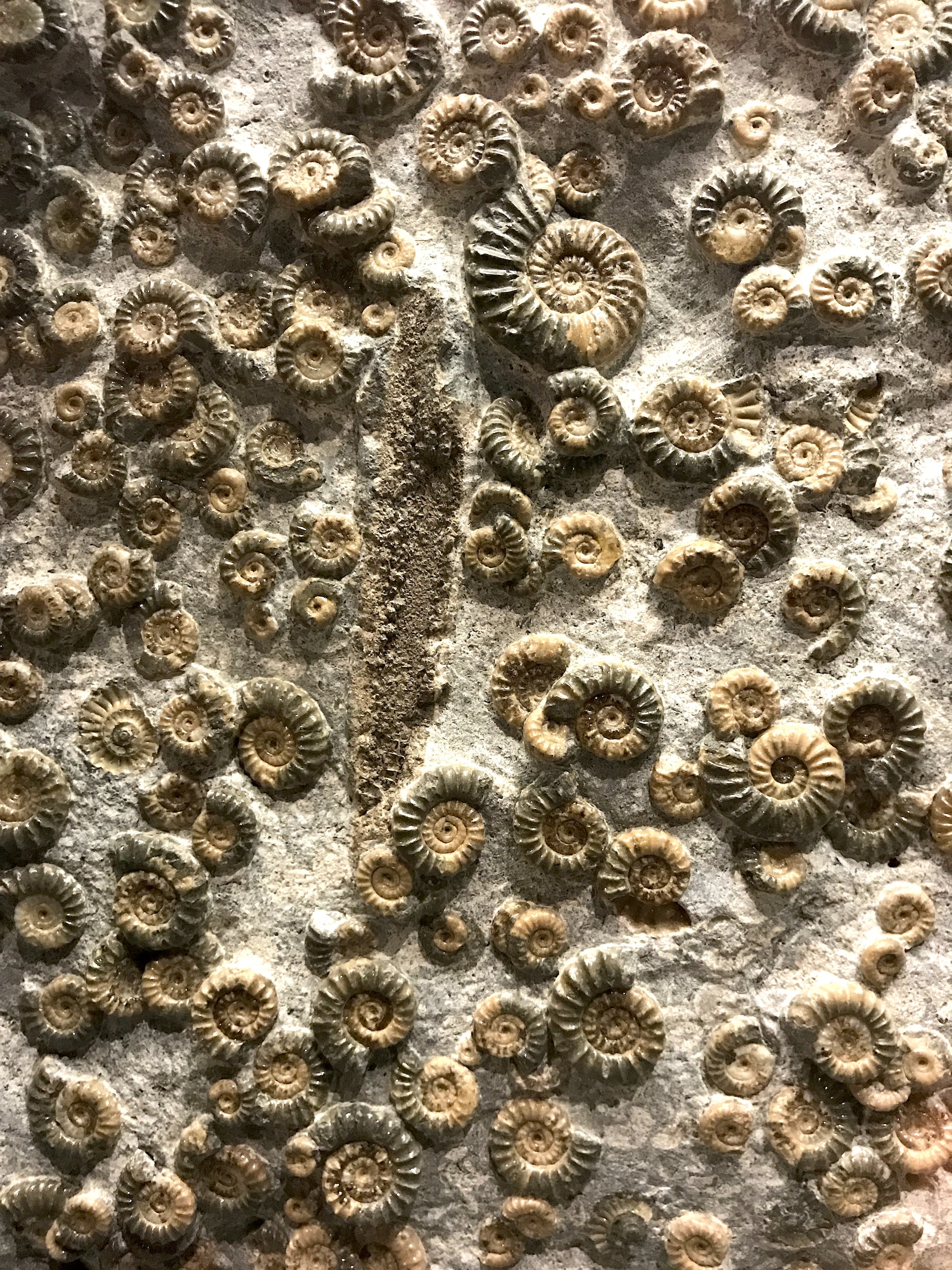
Sci&Tech Writer Zenna Hussain reports on the return of Brazilian fossils from Germany to their homeland in Brazil, and what this could mean for palaeontological colonialism.
While colonialism is frequently condemned in the humanities, science is generally thought to be more objective and benign. The case of the valuable dinosaur fossil Ubirajara jubatus, which Germany is now returning to Brazil after two years of discussions, demonstrates that this is not always the case.
The fossil and its dinosaur have been at the centre of a controversy between Brazilian and German officials ever since a group of palaeontologists reported it in 2020. The 110-million-year-old fossil, which was a fragment of the first non-avian dinosaur with feather-like characteristics discovered in South America, was taken from Brazil’s Araripe Basin in the 1990s and kept at the State Museum of Natural History Karlsruhe in Germany. In June, it will be transported back to Brazil.
An online campaign demanding repatriation was started with the hashtag #UbirajaraBelongsToBrazil, citing historical injustices that are not simply relegated to the past but still have an impact on the present, as well as palaeontological colonialism, a less well-known form of colonialism in which experts from wealthy nations steal fossils from low-income nations.
The re-emergence of the fossil is expected to herald in a new era for palaeontology on a worldwide scale.
Aline Ghilardi, a palaeontologist at the Federal University of Rio Grande do Norte in Natal, Brazil, and one of the researchers behind the #UbirajaraBelongsToBrazil campaign claims that it is a ‘important message against science colonialism in the twenty-first century and opens a strong precedent for more fossils to go back to their countries of origin.’
Scientific colonialism has a long history. In December 1899, Ronald Ross, who had been working in Sierra Leone to combat malaria predicted that ‘in the coming century, the success of imperialism will depend largely upon success with the microscope.’ Ross’s remarks illustrate how science was used to support the claim that British imperialism was ethically acceptable since it demonstrated kindness to conquered people. It implied that new scientific discoveries might be used to improve colonial subjects’ cleanliness and hygiene, and overall quality of life.
Modernity and a civilised system of government were the ‘white man’s burden’ to introduce to the colonies. The foundation of 19th century British science was a global repository of knowledge, data, and physical and living specimens collected from all corners of the colonial world. Concurrent with the collection of raw materials from colonial mines and farms, scientific information and samples from colonised populations were also gathered.
Scientists should question the extent to which science has succeeded in eradicating preconceived notions about race, gender, class, and nationality.
Due to this, there have been an increasing number of requests in recent years to ‘decolonize science,’ some of which even advocate completely discarding the techniques and findings of contemporary research. This is perhaps excessive. Instead, scientists should be prompted to question the extent to which science has succeeded in eradicating preconceived notions about race, gender, class, and nationality.
People from racial and ethnic minorities are still underrepresented in the fields of science and engineering and are more likely to face discrimination and other barriers to career advancement. As a result, even in developed nations, the colonial image of science as the purview of white men still shapes contemporary scientific practice.
Enjoyed this article? Read more from Sci&Tech here:
Climate Questions: Should We Resurrect Extinct Species?
Comments